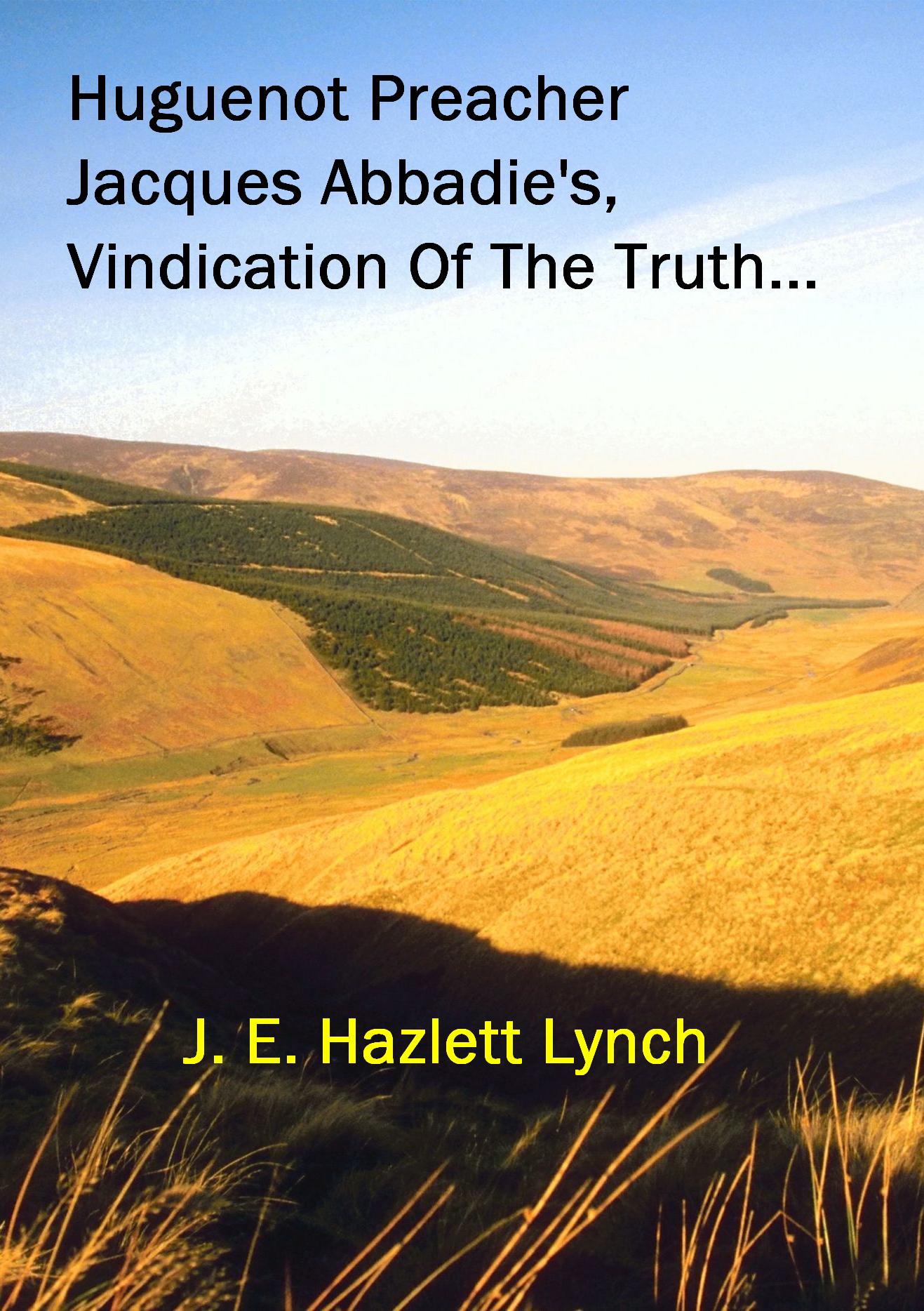Orange
Street Congregational Church is located in the heart of London, between
Leicester Square and Trafalgar Square, and west of St Martin’s in the Field,
and stands on the site of a Huguenot chapel, established in 1693. This
Huguenot-founded church was opened and dedicated on Easter Eve 1693 by its
first minister Daniel Chamier. It was then known as the Temple Of
Leicester Fields, the name by which
the Huguenots called their meeting houses, as in those days the
Leicester Square district was indeed a "district of fields."
It was
there, and at Spitalfields, that a large number of Huguenots settled after
fleeing the terrible persecutions of Protestants in France. From the reign of
Francis I to that of the opulent Louis XIV, these French Christians, mainly
Calvinists, had endured tortures of every conceivable kind. Many escaped, as
best they could, to such places as England, Holland, Prussia, Switzerland and
the bright new world – the United States of America.
France
thus lost a host of fine men and women of piety, industry and ability, and
England gained many. The refugee communities were composed of nobles, clergy,
physicians, soldiers, manufacturers and artisans, the latter of whom taught
their English brothers the arts and crafts they had learned in their forsaken
France.
The
records show that Jean Pierre Stehelin, minister of the Orange Street Church
from 1736 to 1753, "made himself a perfect master of the seventeen
languages: Hebrew, Greek, Latin, English, French, German, Italian, Danish,
Dutch, Coptic, Armenian, Syriac, Arabic, Chaldean Gothic, Old Tudesco or Druid,
Anglo-Saxon, besides Spanish, Portuguese and Welsh."
Charles
de la Guiffardierre, an able minister, was a great favourite at court, and read
French to the Princesses and to Queen Charlotte.
It is
believed that Jacques Saurin, the famous French Calvinist and scholar, preached
in the church many times. Saurin was
born in Nîmes, Jan. 6, 1677, died at the young age of almost 54 at the Hague on
Dec. 30, 1730. His family went to Geneva after the revocation of the edict of
Nantes in 1685. In 1694 he entered the English service as a cadet under Lord
Galway, afterward served in Piedmont,
and then returned to Geneva and studied theology.
In 1701 he became pastor of the Walloon church in London.
He remained there four years, and passed the rest of his life at the Hague,
acquiring a great reputation as a preacher. When hearing him preaching, Dean Jacques Abbadie
asked, "Is it a man speaking or an angel?" "To tell the truth",
said Weiss, "no preacher among the Catholics or the Protestants could be
compared to this sublime genius, whose inspiration is equalled only by that of
the ancient prophets, and of the most illustrious among the Fathers of the
Church." It was in all likelihood
that it was during this time that he preached in Orange Street church. What an accolade to be paid to any man.

Sir Isaac
Newton (1643-1727), the famous scientist whose house was adjacent to and
possessed by, the church, where he settled in 1696, and attended the services
and heard Saurin regularly. So did Newton's niece, Catherine Barton, a close
acquaintance of Dean Swift. It has been said of the preacher, who was young and
singularly handsome, that as he warmed to his subject the silence of the intent
congregation was "almost painful."
At the
time of the revival under the John and Charles Wesley, the Orange Street Church
passed from French to English Protestantism, when the friends of the Rev.
Augustus M. Toplady secured the chapel for the evening services. The building
was licensed by Dr. Terrick, Bishop of London, and a new era began.
After
preaching at various London churches, Toplady became minister at Orange Street.
About this time, he published many hymns, the best known of which is Rock of Ages, first sung in Orange
Street.
In 1787,
being badly in need of repair, Orange Street Church was closed and the
congregation migrated elsewhere. Later the same year it passed from the Church
of England into the hands of the Nonconformists, becoming a Congregational
Church, with the Rev. John Townsend as its pastor.
This
enduring Huguenot foundation has had many well-loved ministers, including
Samuel Luke, whose wife, Jemima, wrote that delightful children's hymn, I think when I read that sweet story of old.
So at least two of our best-known hymns are associated with the church as well
as the list of illustrious Huguenot preachers who donned the pulpit there.